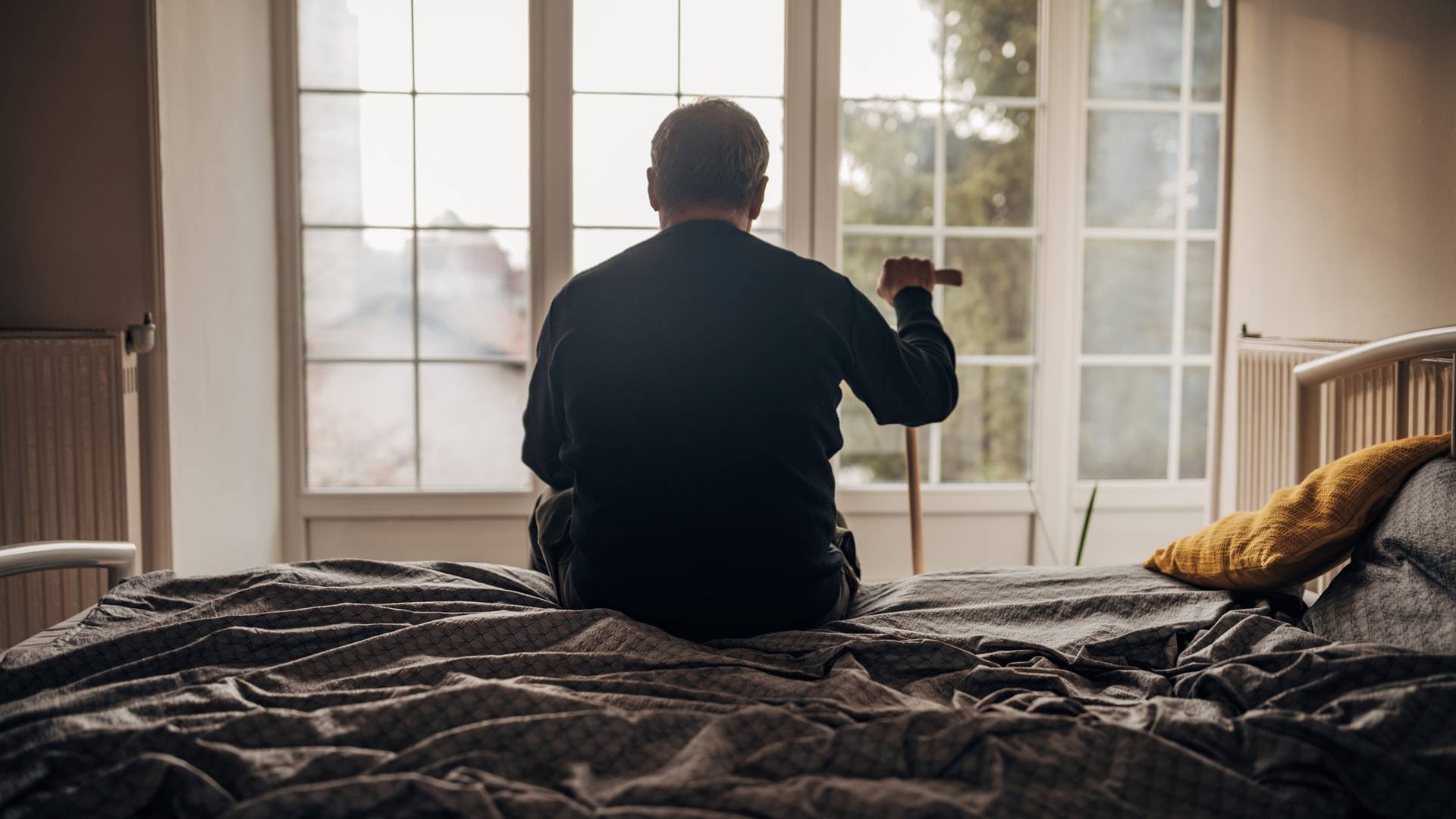When it comes to injuries that occur on someone else's property, determining who is to blame can be a complex process. If you have been injured on another person's property, understanding your rights is crucial. In this blog, we will delve into the concept of premises liability, explore common scenarios, and provide you with practical tips to navigate these situations. Read on to gain valuable insights into this often-misunderstood area of personal injury law.
1. The Role of Property Owners in Maintaining a Safe Environment
Property owners have a legal duty to maintain a safe environment for visitors and guests. This responsibility includes regular inspections, repairs, and addressing potential hazards. Property owners must take reasonable steps to prevent accidents and injuries that could occur due to negligence or hazardous conditions on their premises.
2. Identifying Hazards: What Constitutes Negligence?
Negligence on the part of property owners refers to their failure to exercise a reasonable level of care in maintaining the property. Hazards such as slippery floors, inadequate lighting, uneven surfaces, and lack of proper signage can be considered signs of negligence. To prove negligence, it's crucial to establish that the property owner knew or should have known about the hazard and failed to address it.
3. The Role of Visitors: Understanding Your Duty of Care
Visitors also have a role to play in ensuring their safety while on another person's property. The concept of "duty of care" applies to visitors as well. Visitors are expected to exercise reasonable caution and avoid obvious hazards. Trespassers, however, may have limited protections under the law, and property owners are not necessarily liable for injuries sustained by trespassers.
4. Common Types of Premises Liability Claims
Premises liability claims can arise from various situations, including slip and fall accidents, inadequate security leading to assaults, elevator or escalator malfunctions, and swimming pool accidents. Each case is unique, but they all revolve around the idea that the property owner's negligence contributed to the injury.
5. Seeking Compensation: Steps to Take After an Injury
If you are injured on someone else's property due to their negligence, there are important steps to take to protect your rights. Seek medical attention immediately and document the scene of the incident, including taking photographs if possible. Report the incident to the property owner or manager and gather contact information from any witnesses. It's also advisable to consult a personal injury attorney who specializes in premises liability cases to guide you through the legal process and help you seek compensation for your injuries.
Witherington Injury Law Is Here for You
The bottom line is that injuries on another person's property can have severe physical, emotional, and financial consequences. Understanding the complexities of premises liability is key to ensuring you receive the compensation you deserve.
If you or a loved one has been injured, don't hesitate to reach out to Witherington Injury Law. Our experienced team of personal injury attorneys is dedicated to fighting for your rights and guiding you through the legal process. Contact us today for a free consultation.

